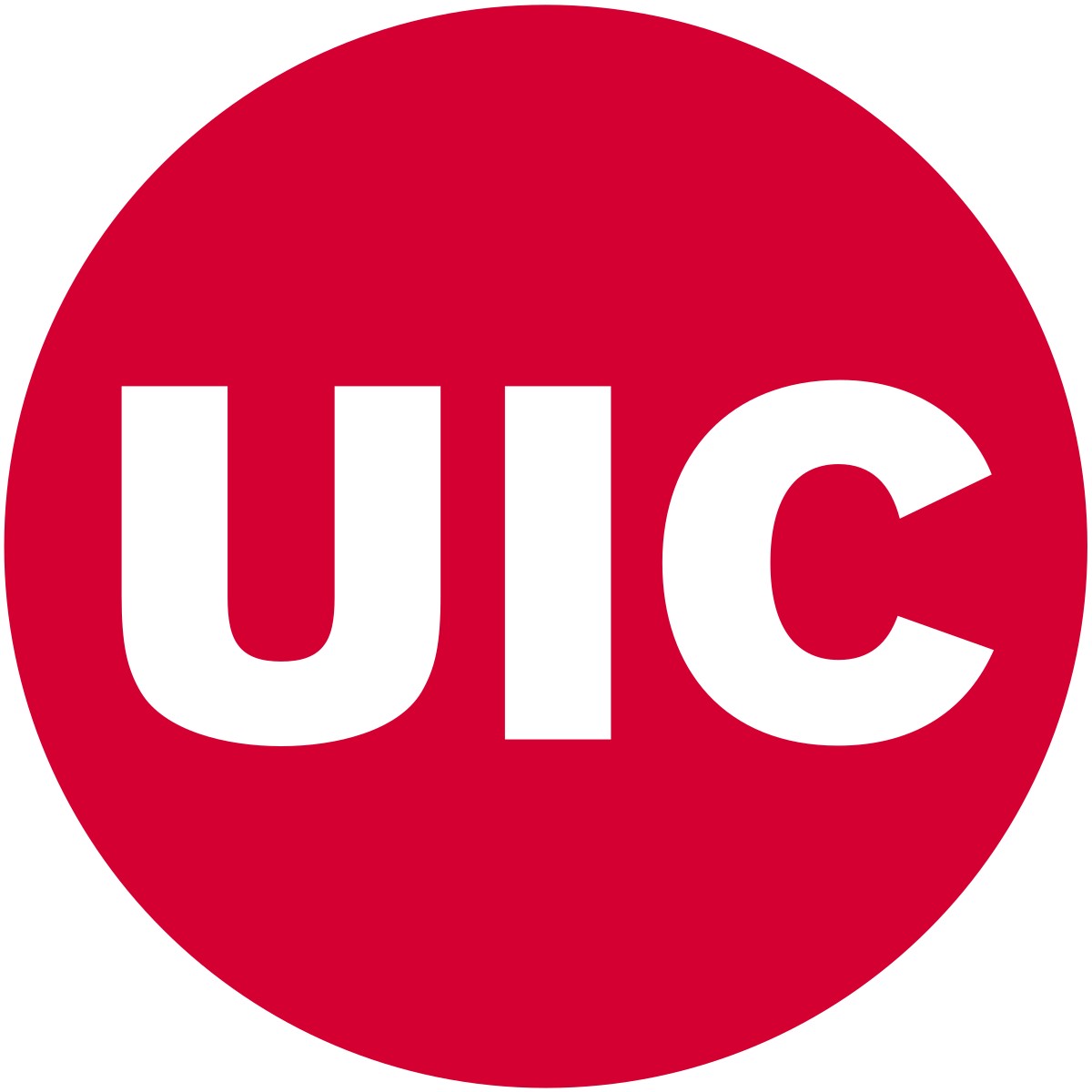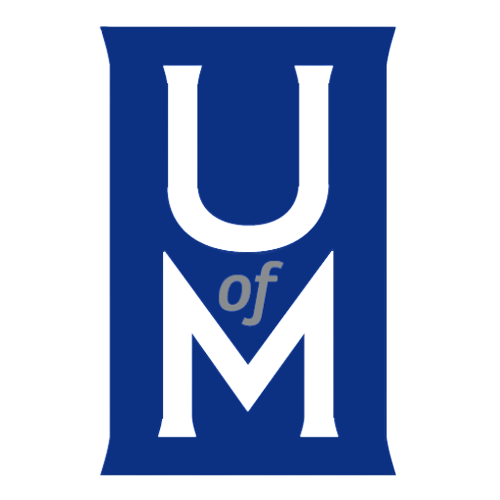The Master of Engineering (MEng) program in Electrical and Computer Engineering at Concordia University is designed to provide students with advanced knowledge and skills in the field of electrical and computer engineering with a focus on professional practice and industry-oriented skills. The program is typically shorter in duration compared to research-oriented programs and is geared towards students who wish to enhance their technical expertise and practical skills in preparation for professional engineering careers. Here's a general overview of what you might expect in the curriculum:
Core Courses: The program typically includes a set of core courses that cover foundational concepts and advanced topics in electrical and computer engineering. These courses may include subjects such as advanced digital systems design, advanced power systems analysis, advanced communication systems, advanced control systems, and advanced computer networks. The core courses provide a strong technical foundation in the key areas of electrical and computer engineering.
Specialization Areas: The MEng program often allows students to choose a specialization area within electrical and computer engineering based on their interests and career goals. Specialization areas may include fields such as communication systems, signal processing, power systems, control systems, embedded systems, computer networks, or software engineering. Specialization courses provide focused and in-depth knowledge in specific areas of electrical and computer engineering.
Elective Courses: In addition to the core and specialization courses, you will have the opportunity to choose elective courses that align with your interests and career objectives. Elective courses can cover a wide range of topics, such as wireless communication, computer vision, machine learning, cybersecurity, renewable energy systems, or advanced programming languages. These courses allow you to tailor your studies to your specific areas of interest within electrical and computer engineering.
Applied Engineering Projects: The MEng program often includes applied engineering projects that provide hands-on experience and allow you to apply your knowledge and skills to real-world engineering challenges. These projects can be conducted individually or in teams and typically involve designing, implementing, and testing engineering systems or solutions.
Professional Development: The program may offer professional development components such as workshops, seminars, or courses that focus on enhancing your skills in areas such as technical communication, project management, leadership, and ethics. These components help prepare you for professional engineering practice and provide you with the skills necessary to succeed in the industry.
Capstone Design Project: Some MEng programs may include a capstone design project where you will work in a team to solve a complex engineering problem or develop an innovative engineering solution. The capstone project typically integrates the knowledge and skills acquired throughout the program and allows you to demonstrate your ability to apply engineering principles in a practical context.
It's important to note that the specific curriculum and course requirements may vary based on the program's offerings and updates. It's recommended to consult the official Concordia University website or contact the university's department of electrical and computer engineering for the most up-to-date and accurate information regarding the MEng program in Electrical and Computer Engineering.
Show less














